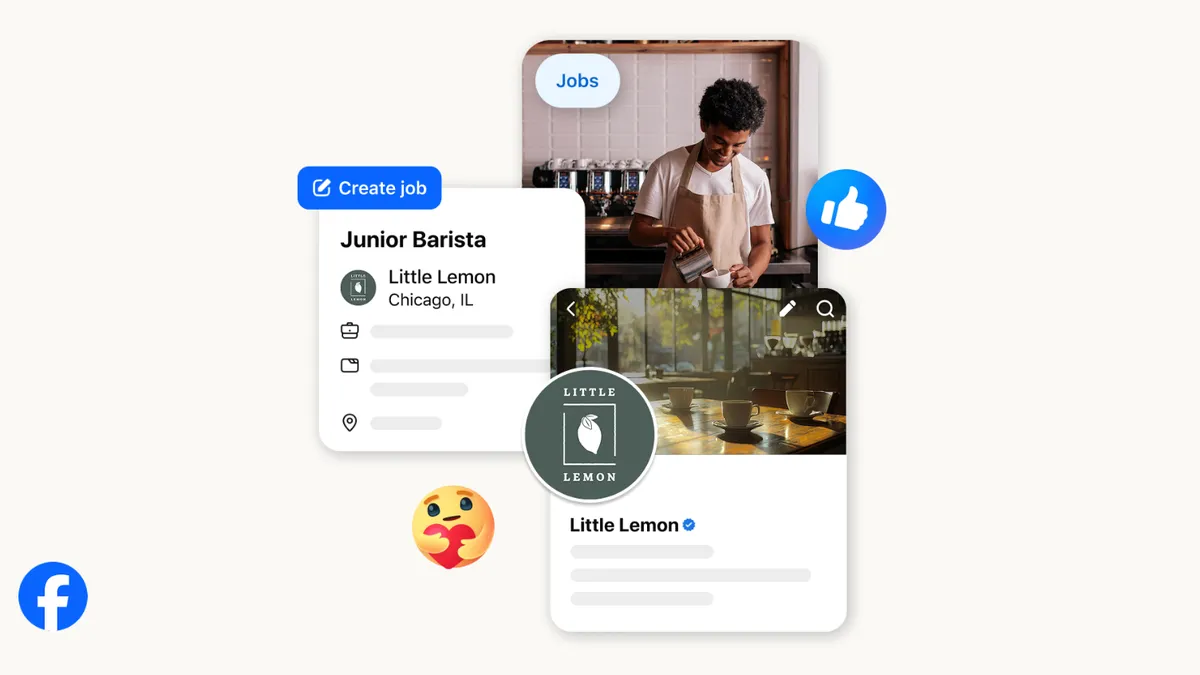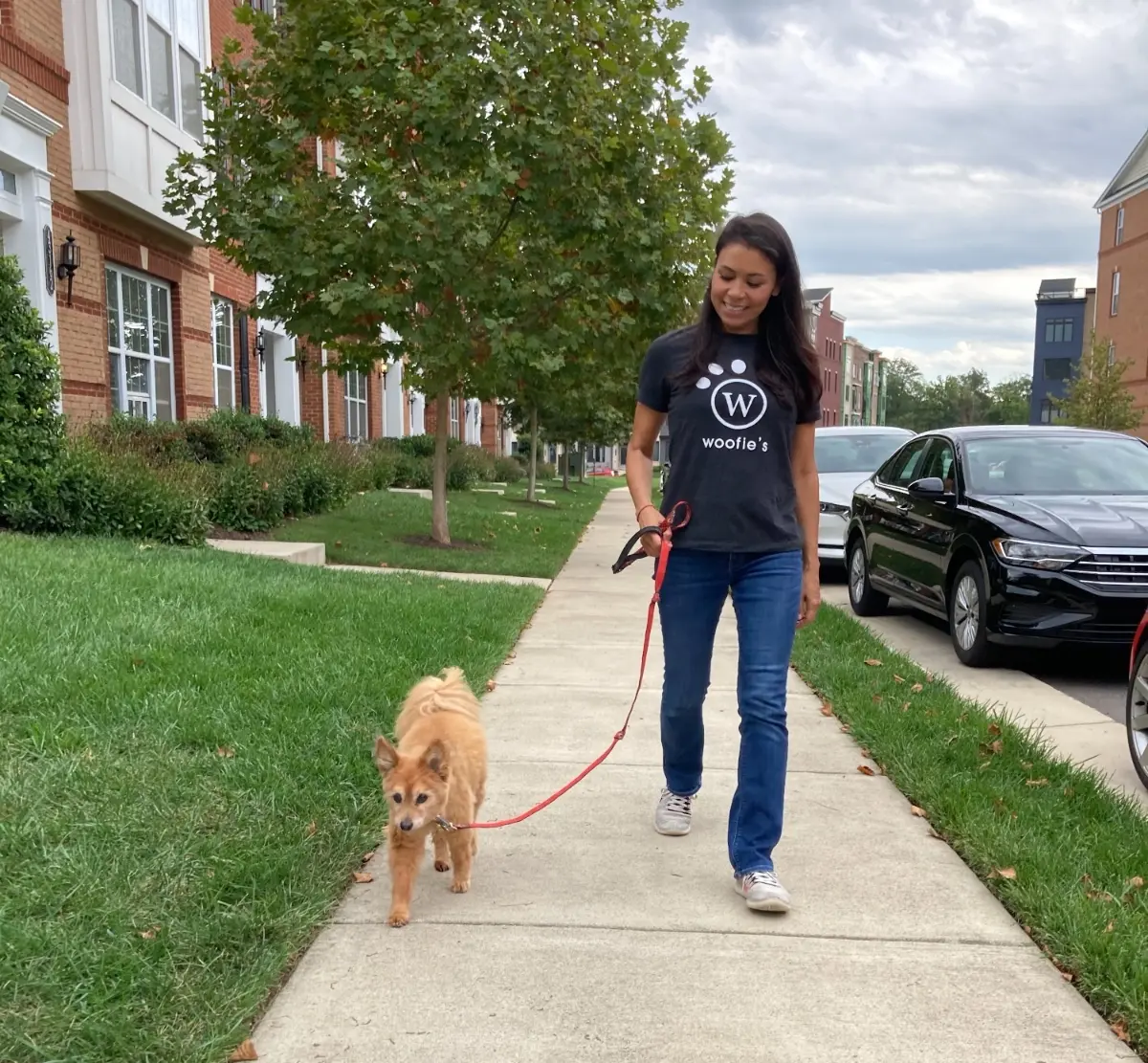Copyright Inc. Magazine

Entrepreneurship’s role in building community has always fascinated me. It seems almost paradoxical, given the myth of the solitary startup – with the lone, driven figure working at the kitchen table on countless late nights and early mornings. In some cases, that community is composed primarily of entrepreneurs and their advocates. That support network provides vital nourishment for the startup journey. I saw that first-hand in June when thousands of entrepreneurs and their advocates gathered in Indianapolis from all over the world for the Global Entrepreneurship Congress. It was truly heartening to witness so many people across the globe come together for that shared purpose. In other cases, the community is served by the entrepreneur, whose work attracts, galvanizes, and energizes local economic potential. I was reminded of that recently by the work of Majora Carter, and the profound insights it offers. Carter is a real estate developer and urban revitalization strategy consultant, who grew up in New York City’s South Bronx and still lives there. A MacArthur Fellow, a Peabody Award-winning broadcaster, a lecturer at Princeton University, and an Ambassador for Right to Start—the national nonprofit organization that I founded to champion entrepreneurship as a civic priority—Carter proves that you don’t have to leave low-income communities to succeed. Featured Video An Inc.com Featured Presentation Carter’s insights into urban revitalization are fueled by more than two decades of work in the South Bronx. She makes the fascinating point that in low-income communities, nonprofits provide only the services that philanthropy is willing to fund, while chain-store businesses typically sell their goods without encouraging residents to linger any longer than necessary. Both approaches are inherently limited—and limiting. Entrepreneurship has the power to bring people together, to expand a shared sense of community. It provides the potential to build community wealth from the inside out, empowering local residents to be the architects of their own economic future. You can see this first-hand at the Boogie Down Grind Café, which Carter founded on Hunts Point Avenue in the South Bronx. It’s designed to be a “third space” – a place that’s neither work nor home, where people can spend time in community. Neighbors can meet, share interests, and find common purpose. Just two blocks down the avenue, Carter acquired an abandoned railroad station for one dollar. It sits at the heart of Hunts Point, next to a subway stop (the “6” train to Manhattan) and a soon-to-open Metro-North commuter rail station (on the New Haven line to Grand Central Terminal). The train station was designed by Cass Gilbert, one of America’s first celebrity architects, whose work includes iconic early 20th-century buildings such as the Woolworth Building in New York City, then the tallest in the world, and the U.S. Supreme Court building in Washington, D.C. Carter has transformed the train station into an event space called “Bronxlandia” that offers another third space – a place where neighbors and visitors can gather for concerts and community events. It also serves as a site for commercial photo shoots, while Carter seeks investors to fund the ongoing renovation of this stunning space. Her challenge is that, even in New York City, it’s hard to convince policymakers that a low-income community can be lifted from within through entrepreneurship. The Department of City Planning recently studied four Bronx communities served by Metro-North stations on the New Haven line. They recommended rezoning three of the locations to enhance economic development, but excluded Hunts Point. Even experts in city planning couldn’t see the potential in a low-income community with rail links to Grand Central Terminal. That’s why Right to Start has recently launched a national campaign—‘’America the Entrepreneurial”—to elevate understanding of the power of entrepreneurship. Not only does entrepreneurship generate nearly all net job growth, create community wealth, and reduce poverty—it builds community. And the beauty of it is this: every town and city in America already has the culture and heritage needed to grow new businesses. The Boogie Down Grind Café and Bronxlandia are living examples. And the benefits extend to every American, not just entrepreneurs. Every 1 percent increase in entrepreneurial activity in a state correlates with a 2 percent decline in poverty. Every new business per 100 people adds nearly $500 to average household income in a county, according to data from the GoDaddy Small Business Research Lab. We simply need to see the potential. As we approach America’s 250th anniversary next year, we all need to see that potential – from sea to shining sea. We all must see “America the Entrepreneurial.” The author is Founder and CEO of Right to Start, the national nonprofit organization championing entrepreneurship as a civic priority.



